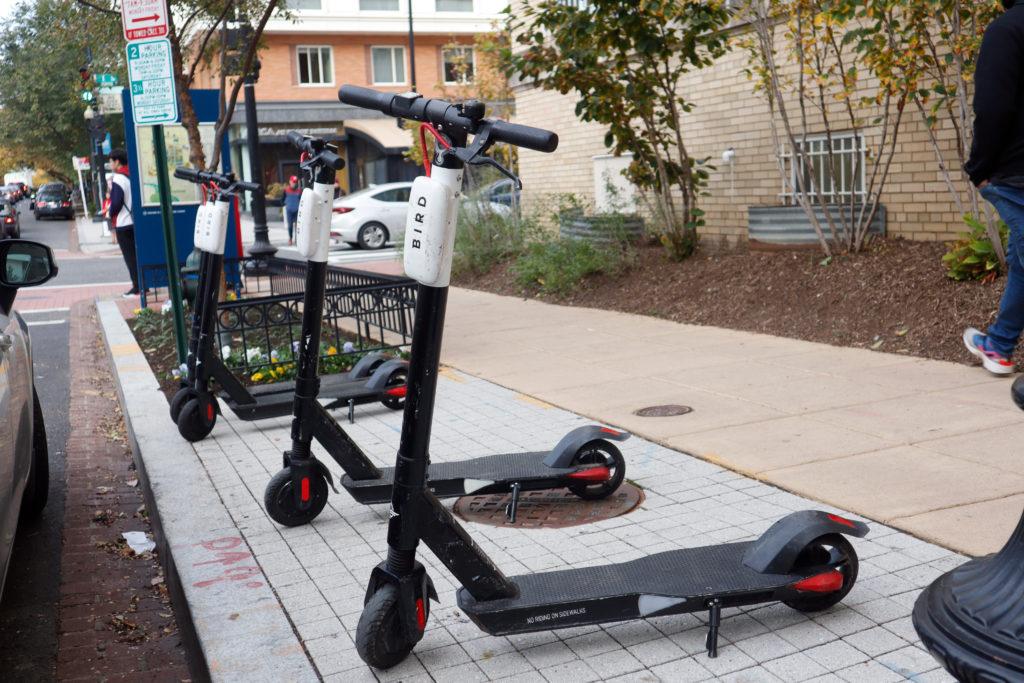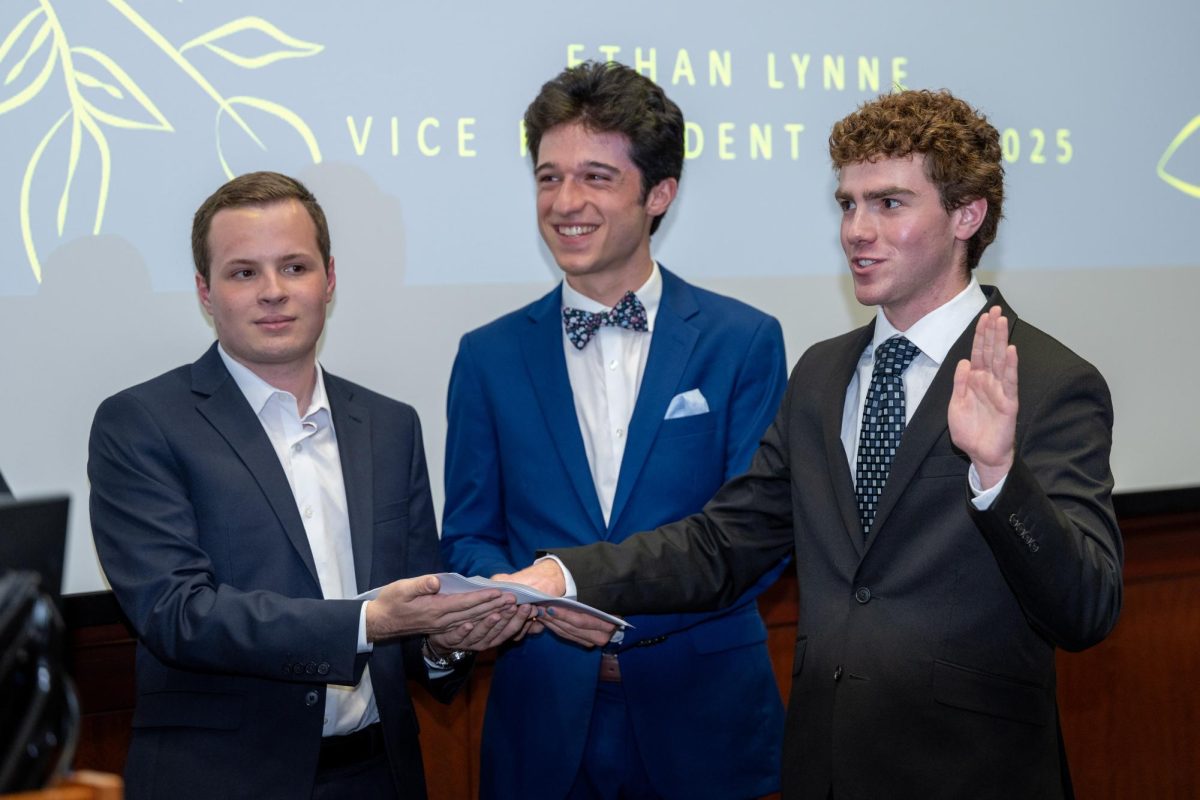Students receiving federal aid can now scooter around the District for free.
Scooter companies Skip, Bird, Lime, Jump, Bolt and Lyft that operate in D.C. unveiled late last month discounted plans for low-income individuals and Pell Grant recipients. More than 20 students said that while they cannot use the scooter discounts because they don’t qualify as low-income, the discounts will provide low-income District residents with affordable means of transportation to take to work.
Skip and Bird provide discounts to undergraduate students who receive Pell Grants, or federally funded aid-based grants, according to the companies’ websites. Bird eliminates the $1 base fee per ride for Pell Grant recipients, and Skip grants recipients unlimited free rides less than 30 minutes, according to the company’s website.
“Skip has created the Rider Accessibility+ Program to allow as many people as possible to experience the joy of riding Skips,” Skip’s website states.
To qualify for the plans, students and residents in D.C. must provide paperwork from Medicaid, SNAP, Temporary Assistance for Needy Families or show that they are covered under a state or federal assistance program. Jump’s Boost Plan and Lyft’s Community Pass require discount-eligible customers to pay only $5 a month, and customers receive unlimited rides up to 30 minutes.
Spokespeople for Bird, Skip, Lime, Jump, Bolt and Lyft did not return requests for comment.
Freshman Sahas Srinivasan said the discounts will mainly benefit residents in low-income areas of D.C., like the Anacostia and Brightwood neighborhoods. She said the discounts will provide an affordable avenue for people to get to and from work.
“One of the most important things is for people to be able to access their jobs, and some of the best jobs are in the city center, like near Capitol Hill,” Srinivasan said.
Metro rides cost riders between $2.25 and $6, according to WMATA’s website. Metrobus base fares start at $2, and express buses, which operate on 16th Street and Georgia Avenue, can cost users $4.15, the website states.
Thirty-minute rides on Capital Bikeshare bikes cost riders $2, and a 24-hour pass costs $8. Students can buy a $25 annual bikeshare membership for unlimited 30-minute rides.
Srinivasan said the discounts could help students get around the city for activities, like visiting the National Mall or traveling to an internship.
“It’s important that they’re giving discounts to students who have financial problems in college,” Srinivasan said.
Lime conducted a test earlier this year in which the company placed about a quarter of its scooters in areas of D.C. with large low-income populations, NBC Washington reported last month. Lime found that the demand for dockless scooters lies in the center of the city, NBC Washington reported.
The District Department of Transportation proposed new regulations last month to deploy dockless scooters in certain “equity emphasis areas” of the city – mainly Wards 5, 7 and 8 – for two-hour periods in the mornings.
Freshman Emily Furman said she won’t use the discounts because she doesn’t qualify as low-income, but most students are unaware of the scooter companies’ discounts because the companies have not widely publicized the deal to students.
“I don’t think they’ll stop using scooters for the discounts, and I don’t think kids who use scooters will use more scooters because of the discount,” Furman said.
About 10 students said the discounts won’t make them more likely to use scooters to get around D.C., but the deals would benefit low-income students and students with internships.
Freshman Margaret McDonald said locating scooters is sometimes difficult when she commutes from campus to work in Dupont Circle. She said the discounts likely won’t directly help her, but she would benefit from having more scooters available near her residence hall when she leaves for work in the morning.
“I know I’m not the only one who has this problem,” McDonald said. “There are other people in my classes that work as Capitol Hill interns, and they always struggle to find scooters in the morning at like 9.”





